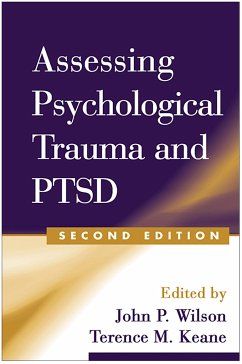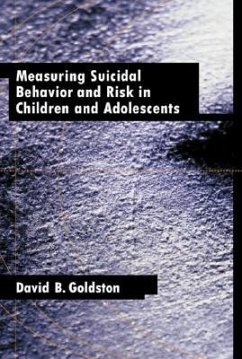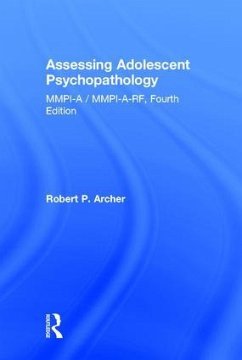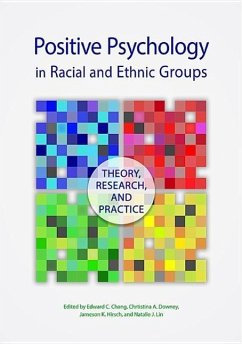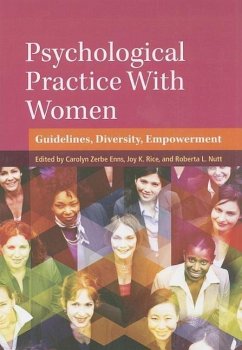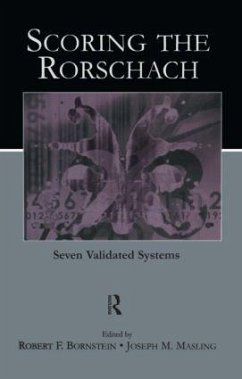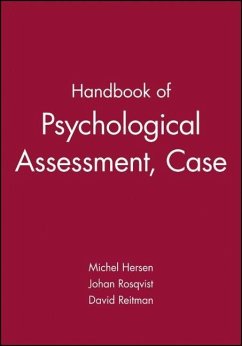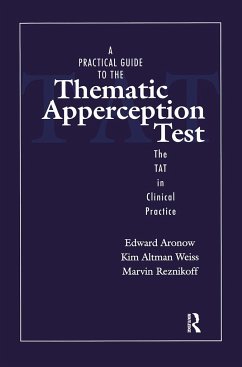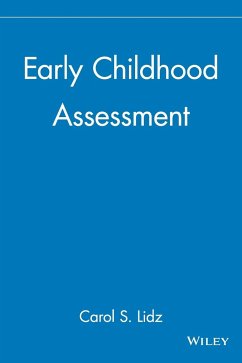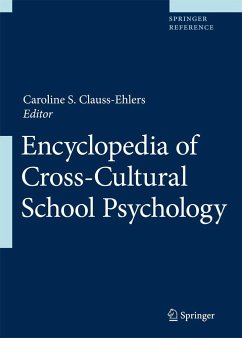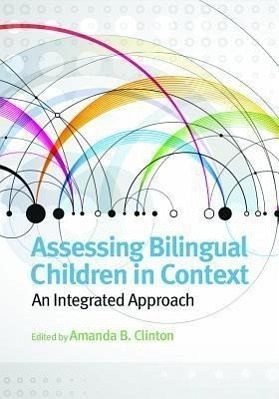
Assessing Bilingual Children in Context
An Integrated Approach
Herausgeber: Clinton, Amanda
Versandkostenfrei!
Nicht lieferbar
Bilingual children are often referred for assessment to determine if educational or mental health supports are necessary for academic, social-emotional, or personal success. This book explores the interplay between factors impacting English language learners and considers implications for assessment. It advocates for an integrated assessment of bilingual children that considers multiple influences, such as previous education, immigration, acculturation, poverty, trauma, and even structural differences between the child's first and second languages. In line with advances in science, several cha...
Bilingual children are often referred for assessment to determine if educational or mental health supports are necessary for academic, social-emotional, or personal success. This book explores the interplay between factors impacting English language learners and considers implications for assessment. It advocates for an integrated assessment of bilingual children that considers multiple influences, such as previous education, immigration, acculturation, poverty, trauma, and even structural differences between the child's first and second languages. In line with advances in science, several chapters explore the brain-based relationships between personal experience and language learning.




